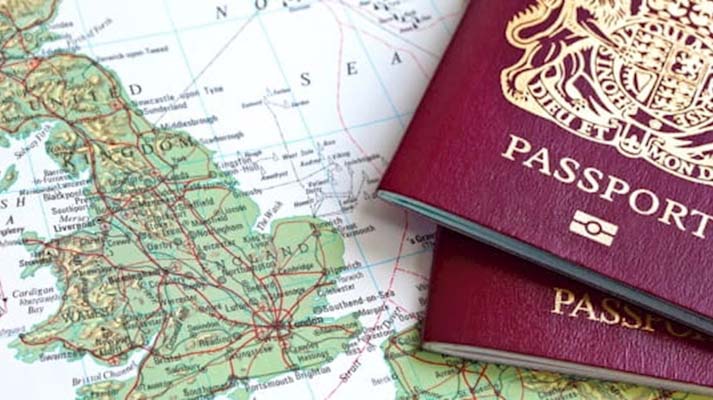Ask An Immigration Lawyer: What Is an F-1 Student Visa?
An F-1 student visa (sometimes called an F-1B or F-1 student visa) is a class of visa that covers foreign students who want to study in the US. If you are a foreign student who wants to study in the U.S., you will probably be required to get an F-1 visa. However, it is not as easy as it sounds. It’s always recommended that you speak to an immigration lawyer.
The process of getting your F-1 student visa can be difficult and confusing if you do not know what you are doing. To help students understand what an F-1 visa is, F-1 visa rules, and F-1 visa requirements, this blog aims to assist anyone planning on applying for an F-1 student visa through a step-by-step guide.
F-1 Student Visa Explained
An F-1 student visa is a nonimmigrant visa that allows you to stay in the U.S. for up to 4 years and study at a university, college, or other post-secondary institution.
F-1 visa applicants need an approved petition for a non-immigrant classification (NOC). The NOC must be filed by the student’s school or university and must include information about where you will attend school, your intent to return home after graduation, and your relationship with family members who are already living in the U.S.
F-1 visas are issued by the U.S. Citizenship and Immigration Services (USCIS). Your school will fill out Form I-20, the Approval Notice for Nonimmigrant Student Status, which is used to apply for your F-1 visa at a USCIS office near your campus or home country.
F-1 Student Visa Requirements
F-1 student visa requirements are fairly strict and require that you submit an application through the F-1 Student Visa website. The requirements for F-1 student visas include that you have a place to study; proof that you can afford your course and living expenses; and a valid passport.
You can apply for an F-1 visa if you have been admitted to an approved educational program in the United States by a foreign educational institution. This includes colleges, universities, language schools, and vocational schools.
If your college or university does not offer any English language courses, then you may need an English proficiency test score to prove that you can speak English before applying for your F-1 visa. The student must also be enrolled full-time at an approved educational institution and have completed at least one academic year of study there. If they have less than one year of post-secondary education, they may be eligible for a J-1 visa instead.
The application for this type of visa requires certification from the sponsoring institution that proves that the student has met all requirements for admission. However, there are some exceptions to these rules—for example, if you’re applying for a J-1 exchange program or if you’re an exchange visitor studying at another institution but plan on transferring back to your home country after completing your studies here.
F-1 Student Visa Application Process
The process of applying for an F-1 student visa can be complicated, especially if you are studying at a university or college. The F-1 student visa application process involves numerous steps and requires approval from several government agencies.
- Get accepted and get your I-120 – This process begins after you have been accepted to a university, certified by the SEVP. Then fill out a form provided by your university documenting information about your enrollment.
- Pay Your SEVIS fee – The SEVIS fee is the cost of maintenance and processing of your visa. You will need your I-20 form to apply for payment.
- Complete Your DS-160 Visa Application – This is your visa application itself. You will need a passport, an I-20 form, and a travel itinerary.
- Schedule your interview – you can schedule your visa interview with the US embassy or consulate.
- Attend your interview – This is the last step where the US embassy must confirm that you are a legitimate student willing to study. You will acquire F-1 status and your F-1 visa if you complete your interview successfully.
F-1 Student Visa Denials
Firstly, you must have financial support from your home country and be able to prove that you will not become a burden on the U.S. government once you leave school. Other reasons why someone might be denied an F-1 Student Visa include having a criminal record and health issues like cancer or HIV/AIDS.
You should always check with immigration officials before applying for your F-1 Student Visa because they may ask additional questions about your situation before approving or denying your application. An immigration attorney can help with the process.
The Bottom Line
F-1 Student Visa is the most common student visa in the United States and thus attracts large numbers of students who want to study in the USA. It is key that students get their F-1 status and remain in it until they finish all their studies in the U.S.
As an F-1 student, one is granted legal status to enter the USA for the period of time that is provided by the US government. This means that such a visa holder cannot stay in the United States past this time frame. Therefore, if you’re lucky enough to have one of these visas, then make sure you get the absolute most from it!



